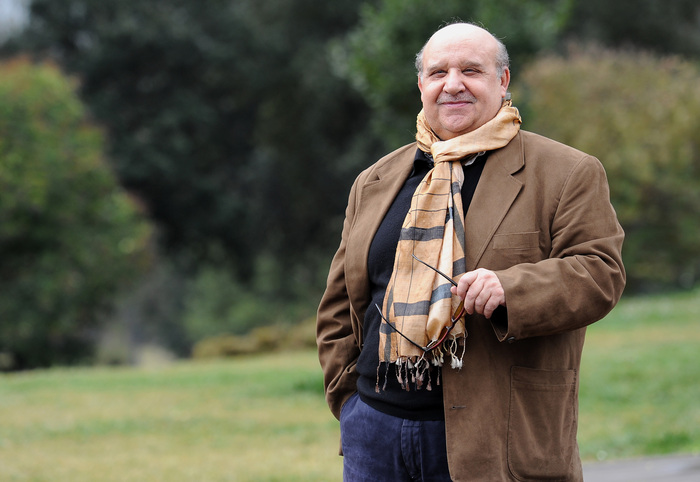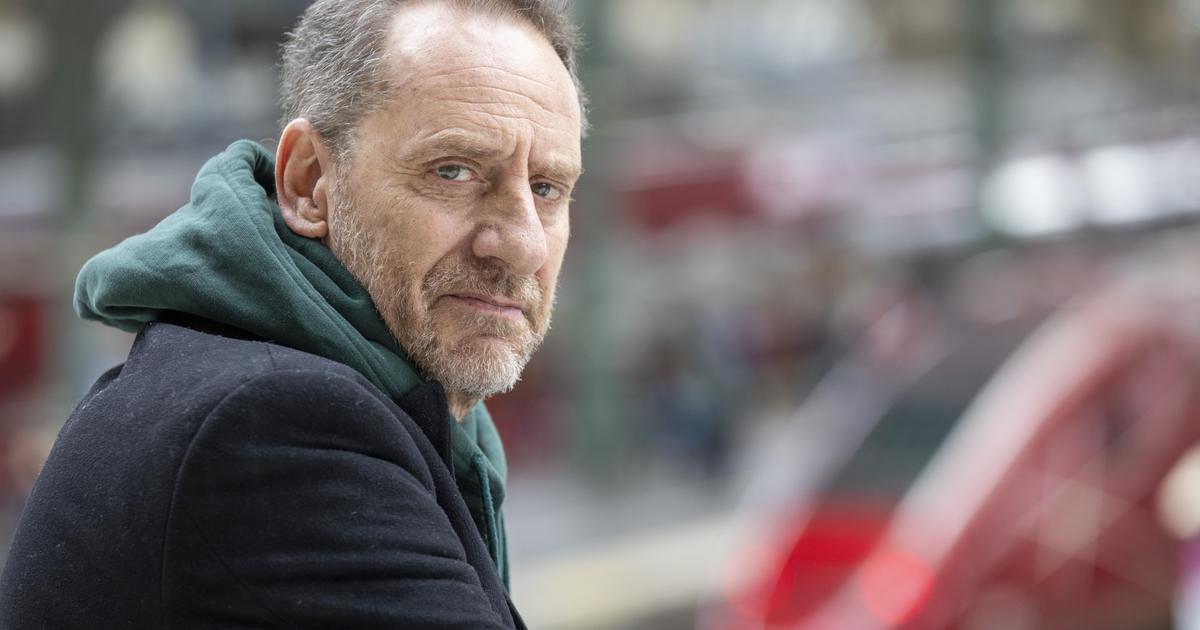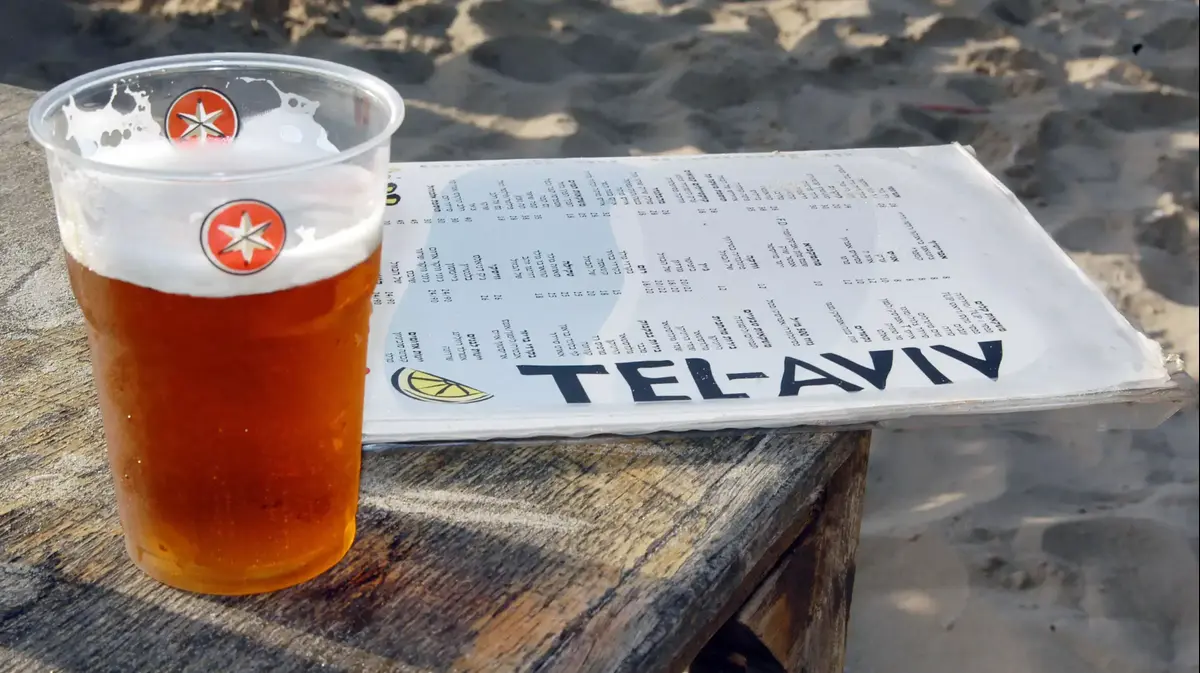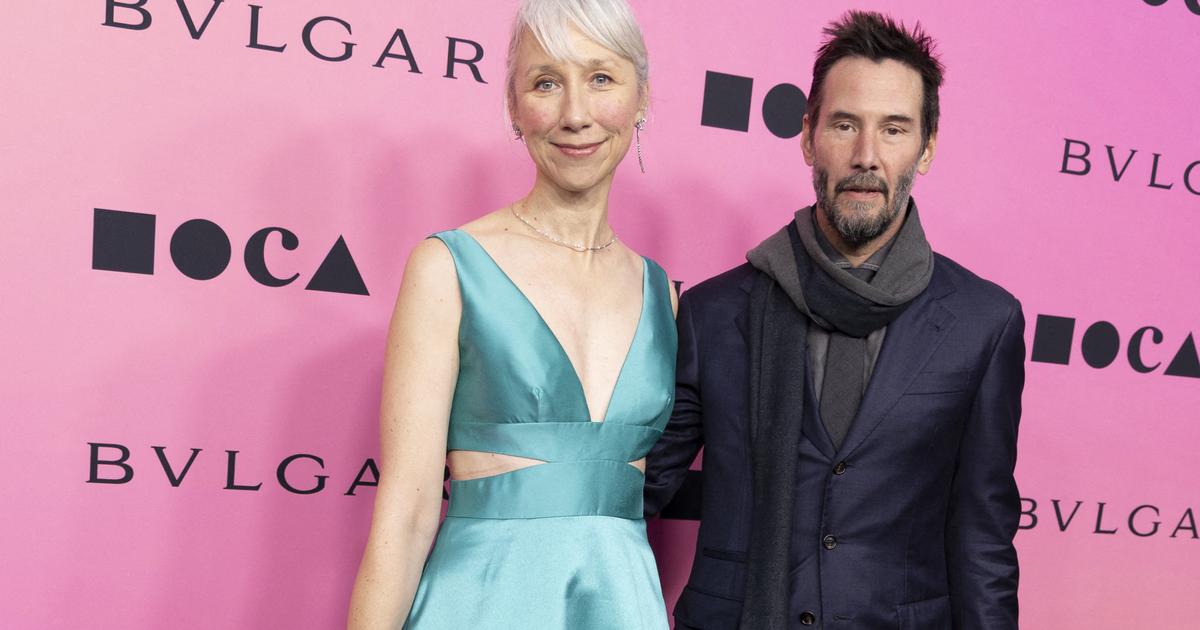Israeli actor Chaim Topol, best known for his role as the milkman in
Fiddler on the Roof
who sang of the importance of tradition in the face of change in his
shtetl
in Russia, died Thursday at his home in Tel Aviv at 87 years.
Topol gained fame, awards, and an Oscar nomination for this character, Tevye, in Norman Jewison's hit 1971 film version, but he has played him an estimated 3,500 times in the musical, in Hebrew and English, since 1966 until its last function in 2009. Topol's legacy will be marked by his interpretation of an iconic song:
If I Were a Rich Man
(If I were rich).
The president of Israel, Isaac Herzog, has confirmed the death on Twitter, without detailing the cause.
Topol suffered from Alzheimer's for years.
Herzog has described him as "one of the most outstanding Israeli scene artists" and recalled how he "filled the cinema screens with his presence, but above all he entered deeply into our hearts."
Born in Tel Aviv in 1935, 13 years before the creation of the State of Israel, he began acting during his mandatory military service, with his unit's theater company.
There he met Galia, who would become his wife for six decades.
His career began rather in his twenties, in which he put on makeup to look older on stage.
His key role came in 1964, with
Sallah Shabati,
a seminal film in the history of Israeli cinema.
He addresses the difficulties of a Mizrahi family (Jews from North Africa and the Middle East) in one of the transit camps where they were placed after immigrating to Israel.
At a time of marked political and cinematographic hegemony of Ashkenazi Jews (Jews originating from central and eastern Europe), the work was a box office success in the country, won a Golden Globe and was the first nomination for a Israeli film for best foreign film, at a time when
burekas cinema prevailed,
as they were called (in a play on words with the
spaghetti western
) to comedies of questionable quality full of stereotypes about Ashkenazi and Mizrahi.
The length boosted his career both in Israel and abroad and would open the doors to his Tevye in
Fiddler on the Roof,
for which he was
Oscar nominee for Best Leading Actor.
Topol was at peace with being remembered primarily for only one role.
“How many people are known, to begin with?
How many people in my profession are known worldwide?
So I'm not complaining”, he pointed out in an interview with the Associated Press agency in 2015. The interpreter said that he was still surprised when he arrived at the airport in another country and the policeman who controlled the passports told him “Topol, Topol... what? Are you Topol?"
“So yeah, a lot of people saw [
Fiddler on the Roof
] and it's not a bad thing,” he concluded.
Chaim Topol in the series 'Memories of War' (1988).ABC Photo Archives (Disney General Entertainment Con)
The success opened the doors to other roles until then far from his reach.
“I didn't grow up in Hollywood.
I grew up on a
kibbutz
and started working at the age of 14 in a printing press, ”she pointed out in the interview.
She starred in
Galileo
(1975), Joseph Losey's adaptation of Bertolt Brecht's play;
he was the scientist Hans Zarkov in
Flash Gordon
(1980) and the Greek smuggler Milos Columbo in the James Bond film
For Your Eyes Only
(1981), starring Roger Moore.
On television, he played Polish Jew Berel Jastrow in the miniseries
The Winds of War
(1983) and in the sequel
War Memories.
(1988).
He would go on to win a Tony Award and a Golden Globe for Best Actor.
In Spain, he was awarded the Silver Shell at the San Sebastian Festival for best actor for his role in
Follow Me,
by Carol Reed.
He also arrived, albeit late, in 1990, on Broadway, to play Tevye.
She brought her role to an end with a farewell tour of the United States in 2009, in which she numbered around 3,500 times she had played it.
Topol avoided talking about politics, although she did devote considerable time to charitable and philanthropic work, such as a project dedicated to sick and disabled children and their families.
He was also an amateur painter.
He made a series of portraits of Israeli presidents, which were included on stamps in 2013 so that part of the funds obtained from the sale of him would go to one of his solidarity projects.

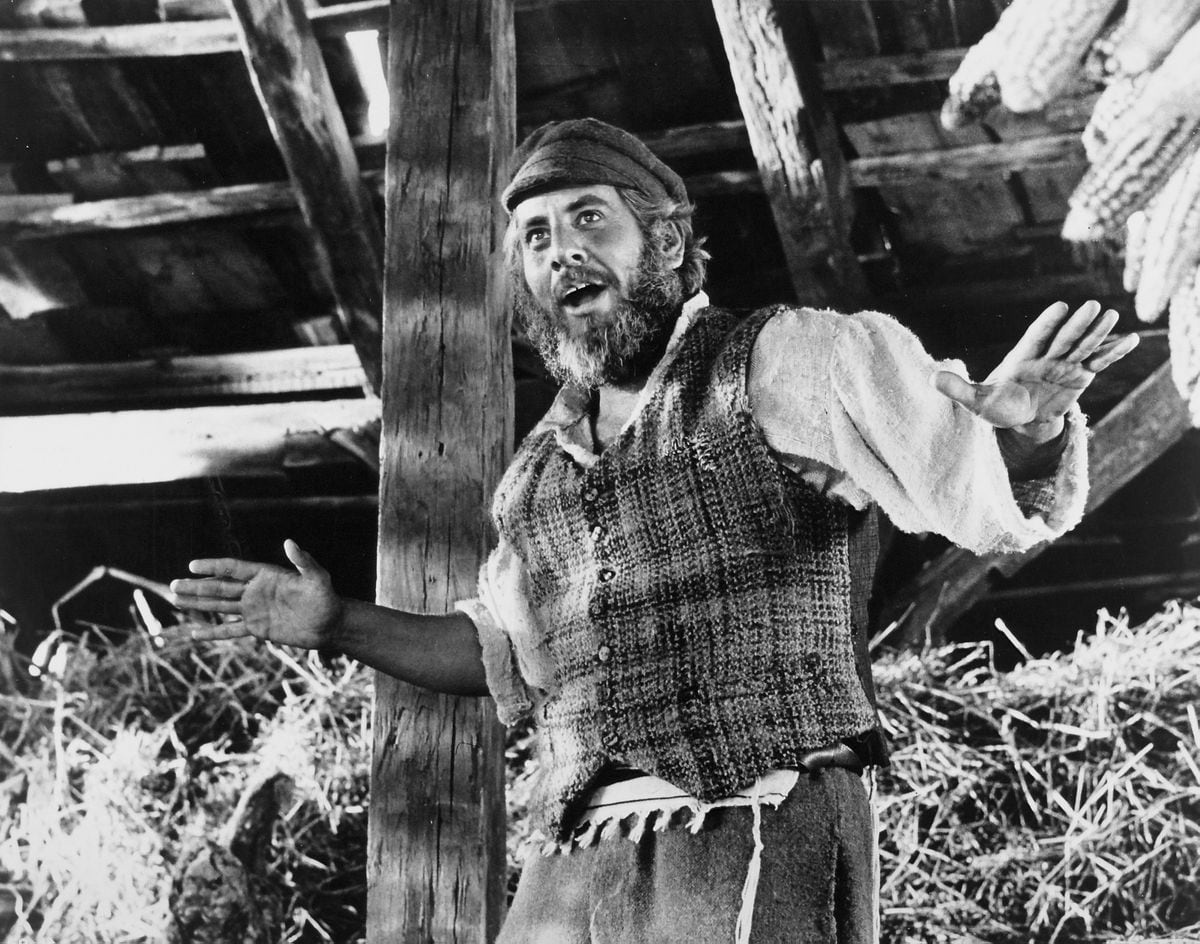
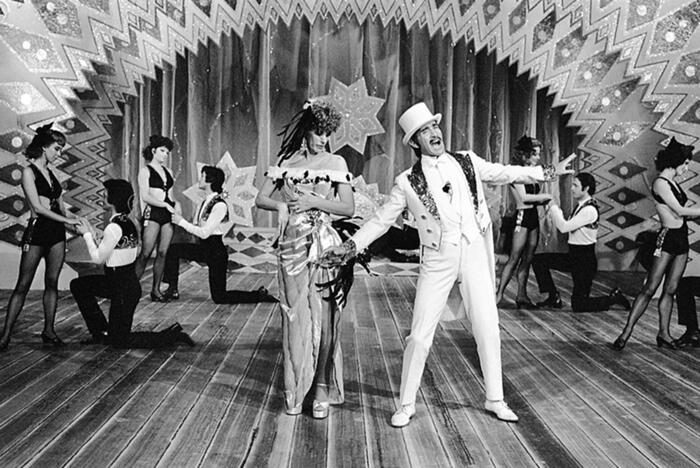

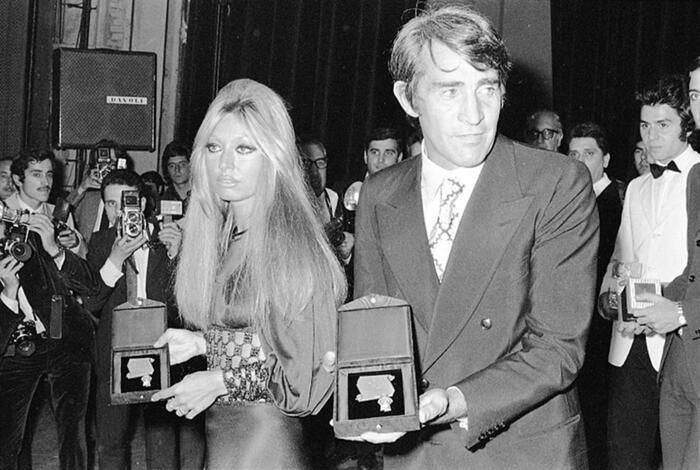
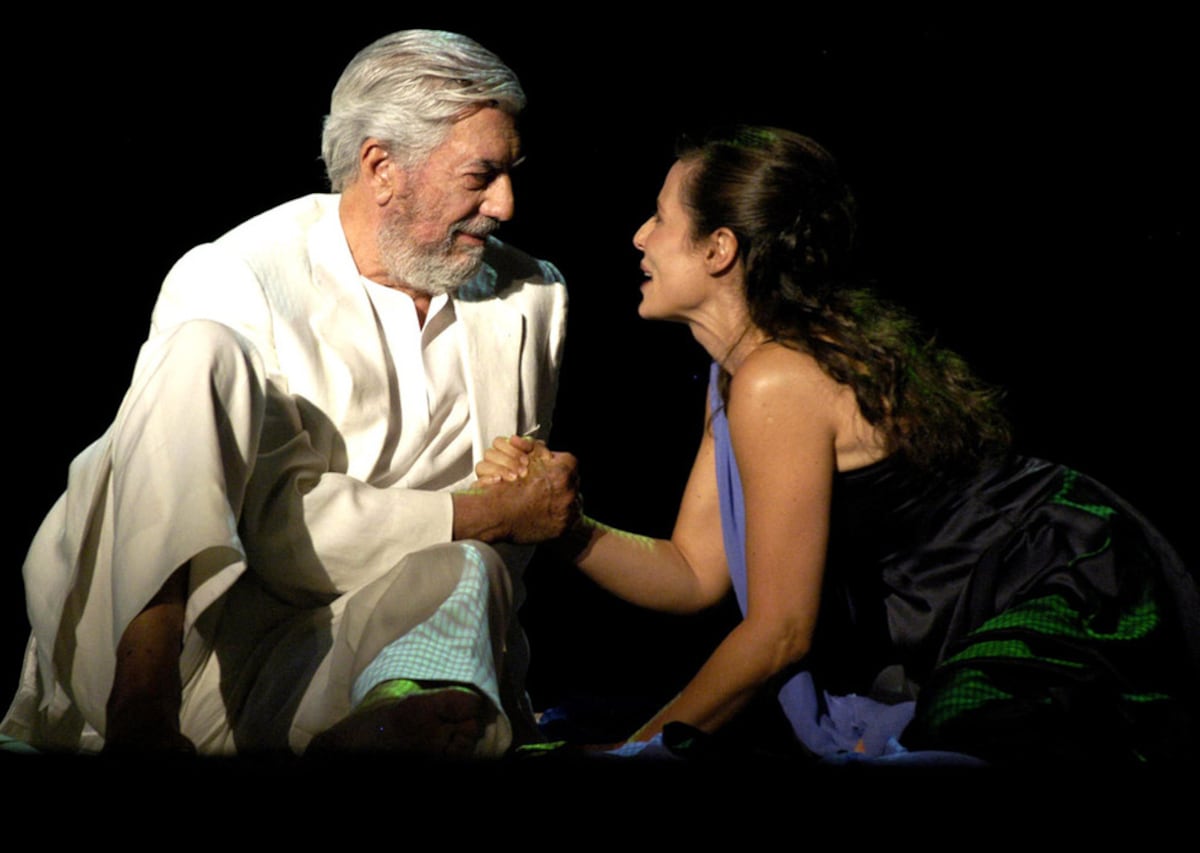

/cloudfront-eu-central-1.images.arcpublishing.com/prisa/OY2EZIJSRDWCPRPTQ42TVQPXTY.jpg)
